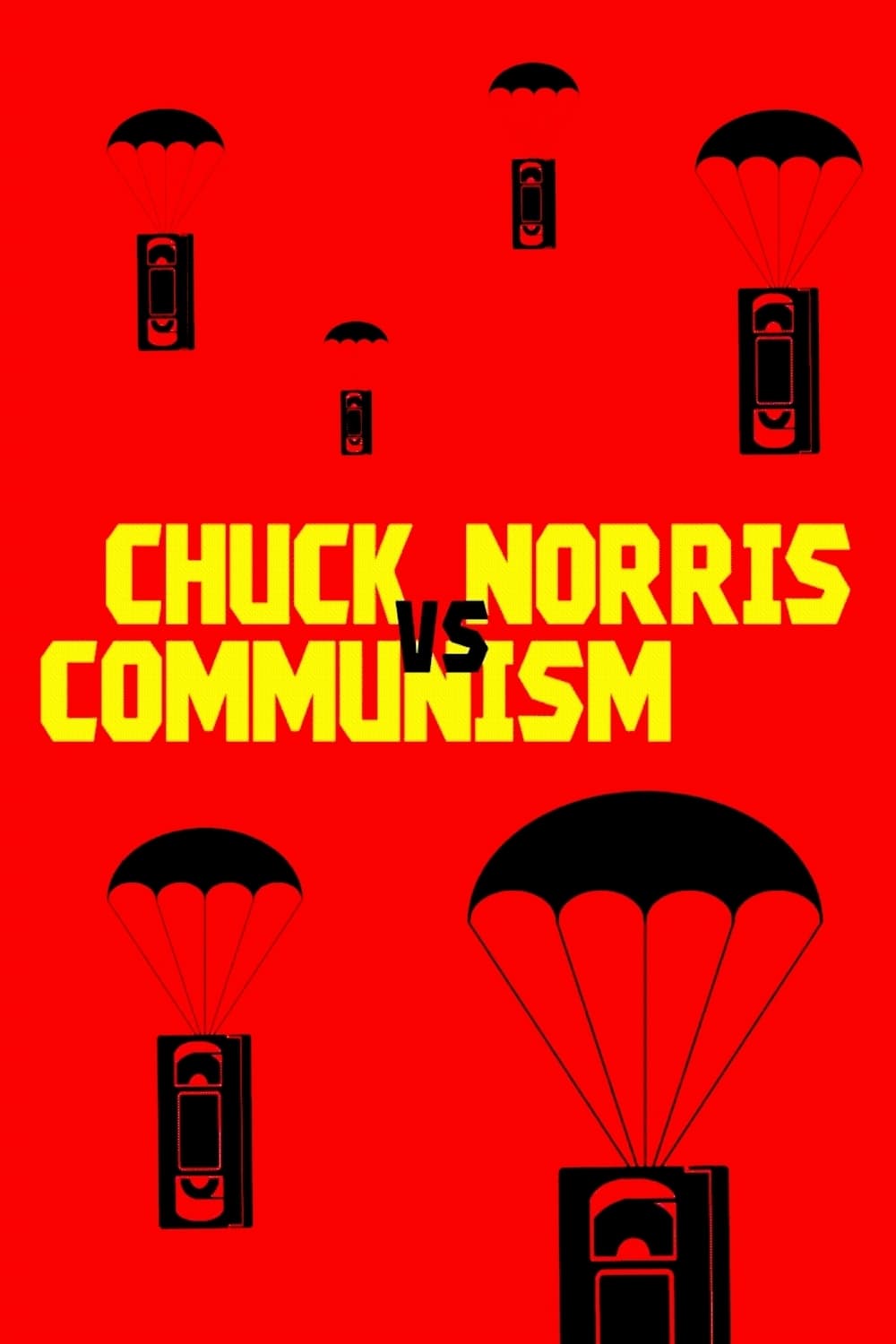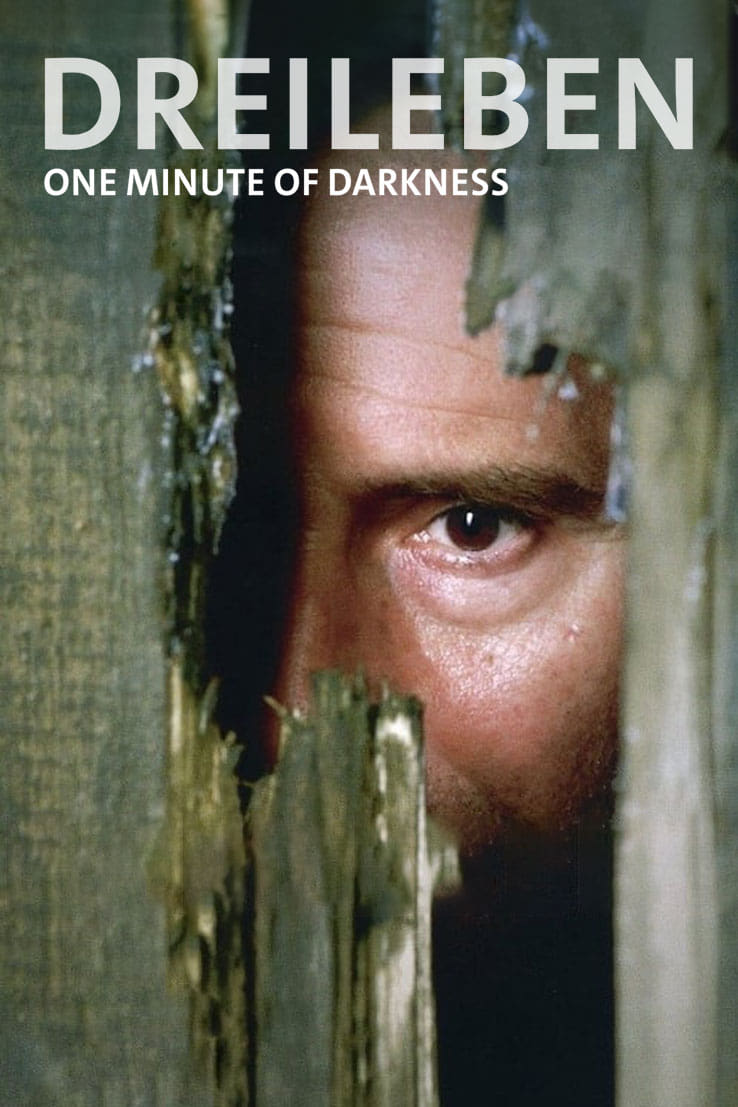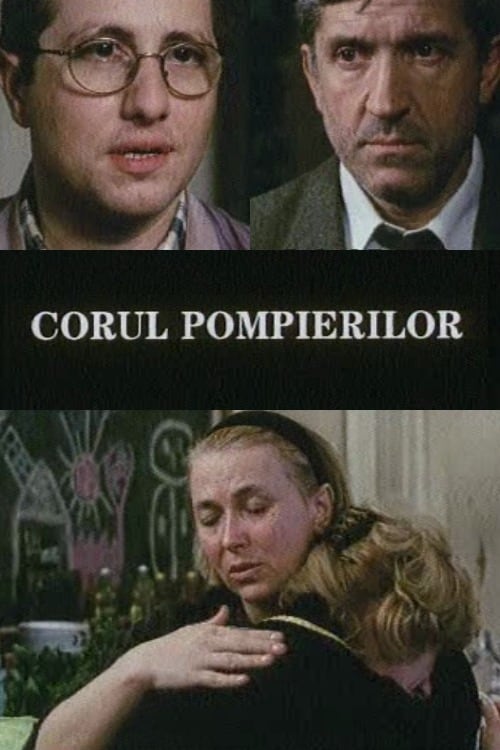

In late eighties, in Ceausescu's Romania, a black market VHS bootlegger and a courageous female translator brought the magic of Western films to the Romanian people and sowed the seeds of a revolution.

An ailing police inspector (Stefan Kurt) hunts a dangerous criminal who escaped from custody.


Karcsi, a Roma policeman, lives with Eva, a Swede. One day he is called to the scene of the murder of a wealthy trafficker named Schulter. He begins to investigate the crime, interrogate neighbours and suspects, and untangle a complex situation - one that he, himself, complicates even further. For he is a gypsy, who despite being adopted and raised by "regular" Hungarians, has his nose rubbed in his minority status every day. The film, which is based on the novel by Ákos Kertész, is a shrewd genre work full of dusky humour and surreal situations. Tabló follows a vivid succession of strange images that eventually lead to the emergence of the central story about a charismatic police officer on a tireless quest for the truth, though he must fight against virtually everyone and is just as fallible as the next person. Tabló makes a statement on the issue of race and racism - or, indeed, relations between any minority and majority.


In 1925 Romania, young Marie-Therese Von Debretsy refuses the flirtatious advances of her husband's commanding officer. As a result, the cosmopolitan family is reassigned to a brutally bleak and dangerous outpost on the Bulgarian/Romanian frontier where both their relationship and humanity are severely tested.
By browsing this website, you accept our cookies policy.